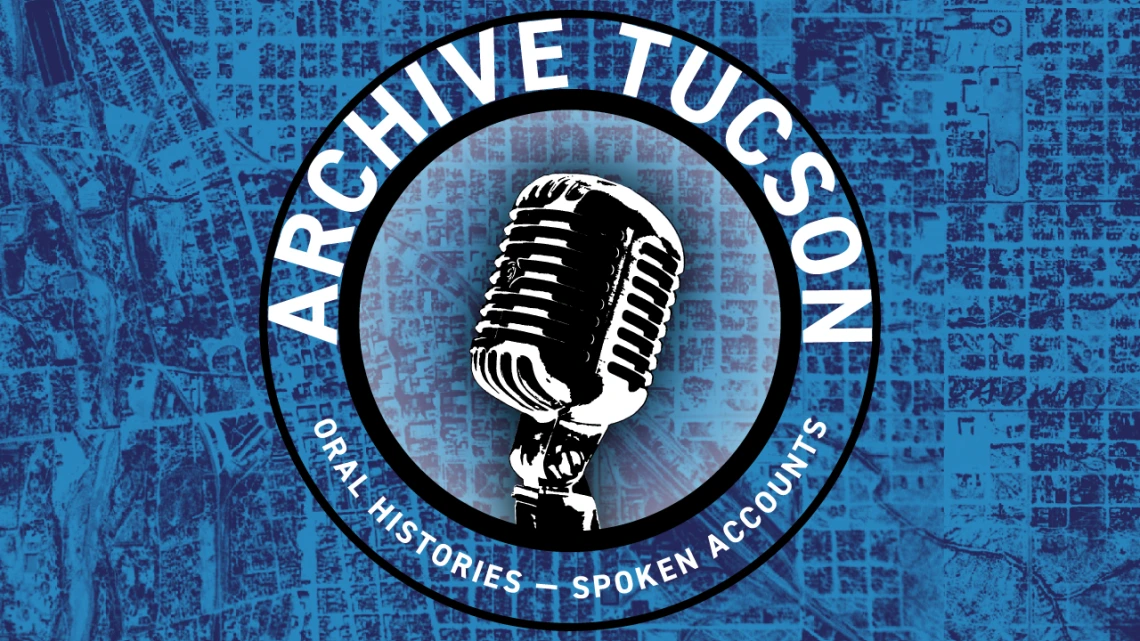Celebrating Black History Month and Black narratives

To celebrate Black History Month, every Wednesday in February we're sharing clips of Black narratives from Archive Tucson, a wide collection of interviews curated by our oral historian Aengus Anderson.
We're kicking it off with Cass Preston, who grew up in Tucson in the 1930s and 1940s. Listen to his story.
Barbara Lewis remembers growing up during what she calls "the war years," when her mother owned a business downtown where the Tucson Convention Center is now. Listen to her story.
Richard Davis describes the South Park neighborhood in the 1960s and the creations of LIFTS (Low Income Free Transportation Service). Listen to his story.
Robert (Bob) Elliott─a University of Arizona basketball legend, former New Jersey Nets player, and longtime accountant─describes moving to Tucson in 1972. Listen to his story.
"Oral history is so much more than a collection of stories," Anderson says. "It's an essential tool for understanding the past."
Most people don't document their lives on paper, but virtually everyone can tell a story. Oral history often captures what events felt like, highlighting individual experiences and emotions that can be easily lost in the historical record. For scholars and students, oral histories can yield details of daily life, information about lost places, and whole avenues of inquiry about underrepresented groups and thinly-documented social organizations.
Oral histories are valuable for the public or community-at-large as well.
Anderson, who has completed more than 60 oral histories for Archive Tucson, puts it this way: "They're a great way to learn about the place you live, the place your family lived, or the experiences of people totally unlike yourself."
We'll be adding the other interview clips to this story to celebrate Black History Month in the coming weeks, so stay tuned.
